Games, as used in the classroom, are utilized not just as time wasters, but as learning amplifiers. When used appropriately, gameplay can bring learning to a higher notch.
The benefits of these games for learning include improving learners’ level of interest, creating opportunities for decision-making, instant feedback, and positive shifts in behavior and cognitive levels. But it is worth mentioning that these benefits can only be reaped when game-based learning is utilized appropriately.
Harnessing the Power of Games in Education
Learning does not just happen in the four corners of the classroom. In this ultra-modern society, students gain a better understanding of the world through interactive educational games and online learning platforms. Believe it or not, these learning tools have become a vital add-on to the teaching-learning process.
Despite that, game-based learning demands cautious planning. Games for learning must not be used as a mere reward for good behavior but as a tool to learn the essential concepts and skills that students are expected to gain.
If you want to take the power of free educational games to your advantage, you might find these tips helpful.
1. Choose games for teams over those that are played solo.
Outmatching challenges alone feels good. But, playing games solo can sometimes feel dull and exhausting. When faced with complex challenges, solo players may lose the will to go on.
They simply put the phone down, and call it quits. This is where team playing comes into play. Highly competitive team members motivate those members who start losing the will to win. Be it a simple listening game or a complicated thinking game, team play can hone social and communication skills, decision-making capabilities, and problem-solving potential.
You might be surprised to discover how educational games played in teams create wonders in every player’s behavior. A carefully picked game for learning instills discipline and patience. Students learn to take turns and compromise with others.
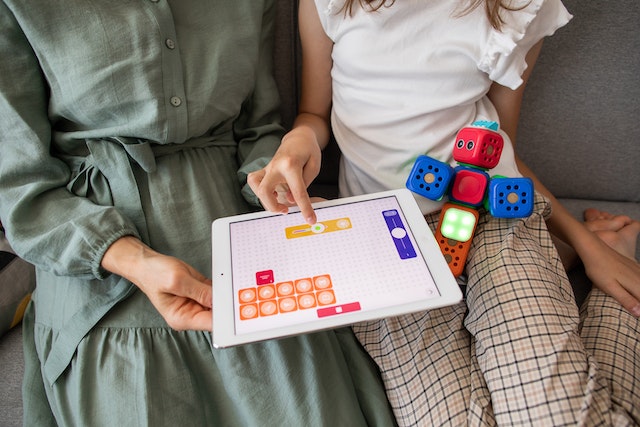
2. Remember to bridge fun with content.
When we speak of “games”, we don’t just mean “fun”. Yes, it’s good to have something interesting in the way teachers instill the essential skills among these 21st-century students. But, gameplay in education has become a new trend because it could bring these two elements together.
Having fun while learning is a pleasure. It is like letting students equip themselves with standards-based skills without them feeling forced to do so. Game-based learning platforms help them play around and enjoy the freedom of learning at their own pace.
3. Keep an eye on the goal.
Decision-based games for learning have evidently transformed students’ behavior and performance. Gameplay, as a strategy that makes them play smarter and think better, relies on how good you are at choosing what games to play. The secret is to remain focused on the goal.
If your goal is to develop creativity and co-action, challenge your students to innovate and create a new game. Let them decide the rules. It does not matter if it is a board game or a game of cards, as long as students demonstrate their desired learning outcome, it’s good to go.
4. Games for learning cannot fix what’s missing.
Most people think that educational games are like band-aids that can repair the broken pieces in learning. That shouldn’t be that way. Game-based learning platforms act as learning tools, not as substitutes.
Educational games can never replace teachers, lectures, and books. But they can overdraw learning opportunities for every student of all ages.
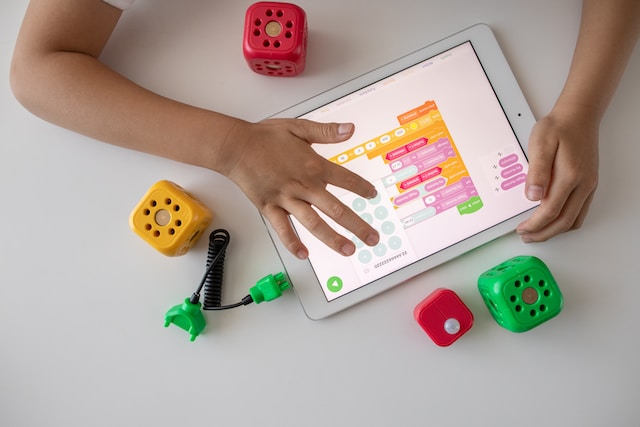
Tailoring Educational Experiences for Every Student
Students may find the learning experience extraordinary when they feel that every aspect of the learning process is designed for them. So, if you are planning to incorporate free educational games into your lesson, take a closer look at these helpful activities.
Role-playing Games for Learning
In most games of learning that are used in schools nowadays, students are challenged to make in-the-moment decisions. They weigh alternatives more intelligently and arrive at the best solution to problems.
Role-playing games also allow them to dwell on scenarios and see life from a totally different angle. Also, these games teach them accountability, critical thinking, and social connection.
Gamification
Gamification is synergistic. It is an integration of gaming elements (like leaderboards, point systems, and badges) into a traditional classroom lesson. It motivates the students to give their best in tasks and challenges.
New-generation students hunger for challenges. They love reward as much as they love competition. So, give them both.
Also, gamification trims down academic pressure. Instead of giving a grade of C- to a poor-performing student in class, isn’t it better to craft a challenge or game that encourages a novice player to shape up?
As these games for learning continue to flourish, it is common to see a lot of educators sending their students on quests for knowledge. Imagine how amazing learning could be when gamification is paired with research.

Game-Based Learning Platforms
Specially designed to boost student engagement, game-based learning platforms bring together vital gaming elements in one scene. Here is a list of three popular educational game platforms that are well-loved by educators and students.
1. Raptivity
It contains educational games and online learning materials suitable for students of all ages. This platform has a vast collection of new fun-filled interactive games for learning that can help sharpen knowledge retention among students.
Raptivity also supports goal-based interaction and healthy competition among players. Who wouldn’t want to get a point-based incentive every time a course is successfully completed?
What makes it more incredible is the fact that it also offers quizzes and interactions that test students’ practical recall skills, and increase learner involvement and goal-setting strategies.
Even though Raptivity is offered free to new users for the first 14 days, they have to pay $30 per month to use this paid platform beyond the trial period.
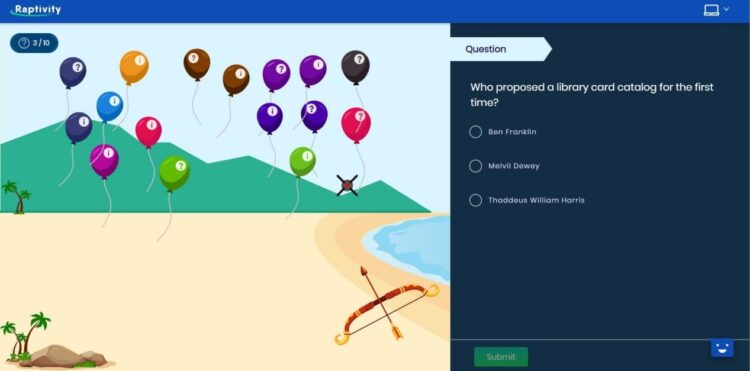
2. Kahoot!
It is one of the many popular game-based learning platforms that are very much known to a lot of students these days. As an internet-powered quiz-maker app, it maximizes student engagement and comradeship.
This self-paced platform lets teachers design quizzes that not only test students’ understanding of the lessons but also inculcate in them that in winning challenges, team effort matters. When it comes to assessment, Kahoot! offers a detailed view of students’ progress and learning gaps based on their game performance.
But although this gamified quiz platform is offered free, a monthly premium subscription of $7 lets you unlock multiple game templates that only paid users have access to.

3. Gimkit
It is an engaging and interactive game-based learning platform that helps improve the content mastery of students. They are exposed to a series of questions about a topic in focus. Whenever they get the answers right, they get in-game points or currencies- essential to reinvest, power up, or upgrade.
Accessible to all educators across the world, GimKit boasts its 10 unique and exciting game modes. It is living proof that making assignments and lessons exciting does not have to cost anything.
Developing Analytical Abilities through Games for Learning
Humans are created as analytical thinkers. We quickly understand information, including those verbal and non-spoken signals. Thanks to our multi-functional brains!
It is our analytical skill that sets us apart from other living things we share our planet with. We can quickly figure out what’s going on, and look for rational alternatives to every problem. In fact, we make decisions based on facts and logic.
Developing our students’ analytical abilities is essential, especially at a young age. A sharp analytical ability enables them to be curious about the world, connect ideas, and see beyond the obvious.

Not everyone has the skill of reading between the lines. But, for those whose analytical abilities are honed, decision-making is not as difficult as many people thought it was. Training your students to think critically is key to developing a mindset of success and competence in them.
The role of games for learning in developing the analytical abilities of students can never be underestimated. Educational games help them explore the world through fun and play. They start building a good foundation of their own analytical ability, the moment they immerse themselves in opportunities to gather evidence, weigh options, and decide.
There are many ways to hone students’ analytical abilities. These include real-life pretend play, puzzles, obstacle games, memory games, and many other games for learning.
Real-Life Pretend Play
This is an ideal avenue for solution-seeking since it demonstrates that life is a trial-and-error process. The moment that students realize that life isn’t just about making correct decisions but also learning from wrong ones, that is where genuine learning begins.
Puzzles
Puzzles are free educational games that are worth mentioning too. It helps students sharpen their spatial perception, critical thinking, and motor skills.
Be it crosswords or Sudoku puzzles, always keep an eye on choosing developmentally appropriate educational games. Simpler puzzles are ideal for younger students, while complex puzzles suit best older ones.

Obstacle Games
These are brain-boosting games that are loved by many students because of the endless possibilities they create in improving their analytical abilities. Just like puzzles, be mindful of the game’s level of difficulty vis-a-vis the players’ age. These two essential elements should meet.
Memory Games
The last on the list are memory games. These are free educational games that have the power to boost the focus and concentration of students. A simple recall may sound like just one basic mental skill, but it is deemed important.
A simple recall game can trigger students’ analytical skills. If students have a hard time recalling vivid information, how can they see those things that aren’t obvious?
Want to learn more about how learning games can help your child in school and in life? Want suggestions on what learning games are good choices? Here are some selections for further reading!
- How Puzzles and Other Brain Teasers Benefit Your Mind
- How Number Games Can Teach Your Child Their Numbers
- 5 Top Free Online Typing Games
- 5 Top Kids Games to Teach Your Child Different Skills

Josephine M. Dilema, Ph.D. is a Master teacher in the Philippines who has been working in the Department of Education for the past ten years.

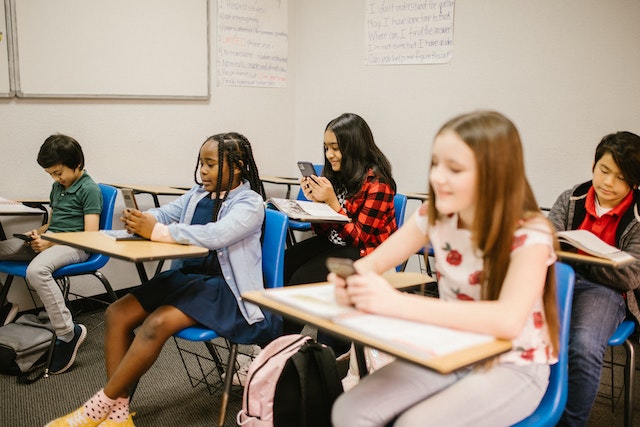
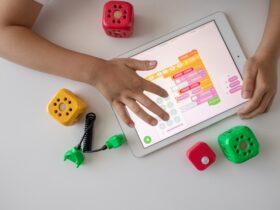










Leave a Reply